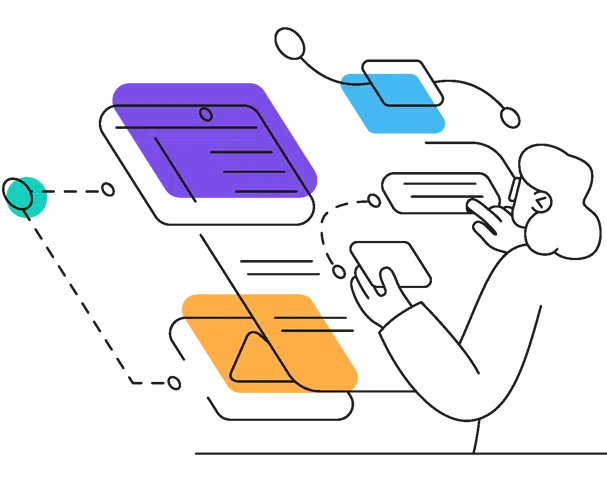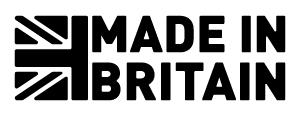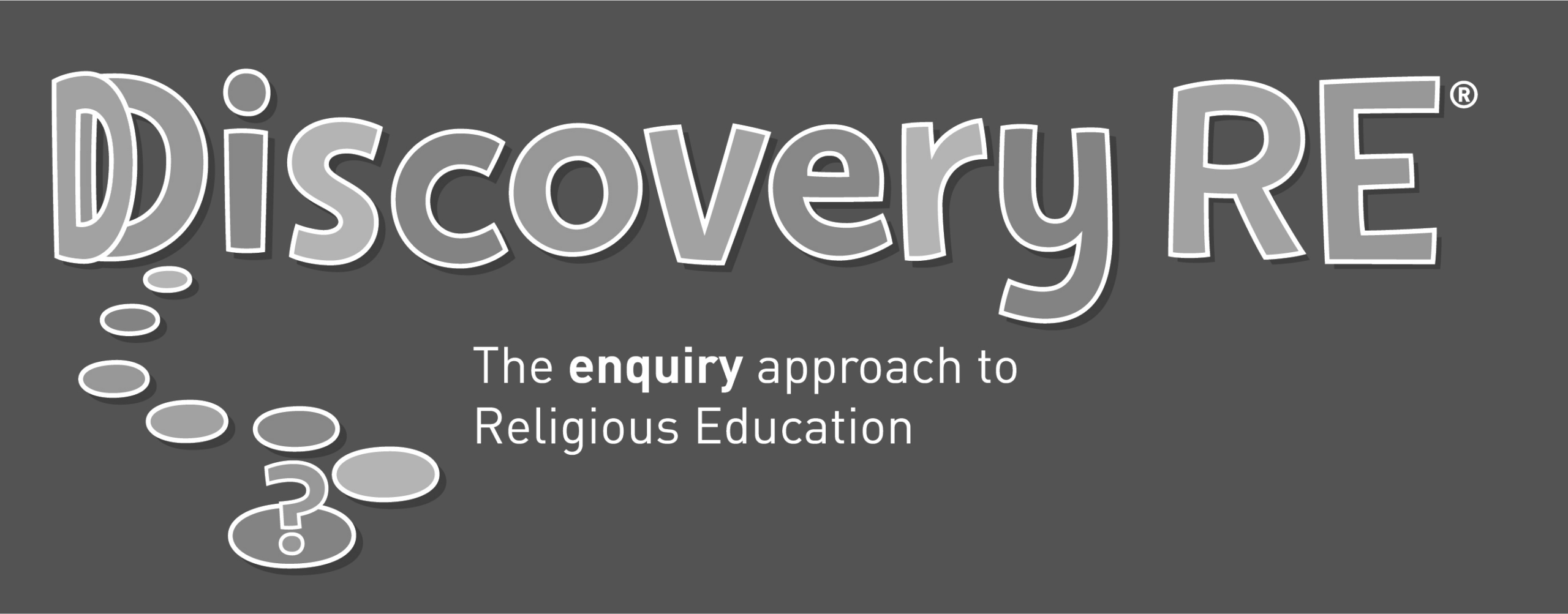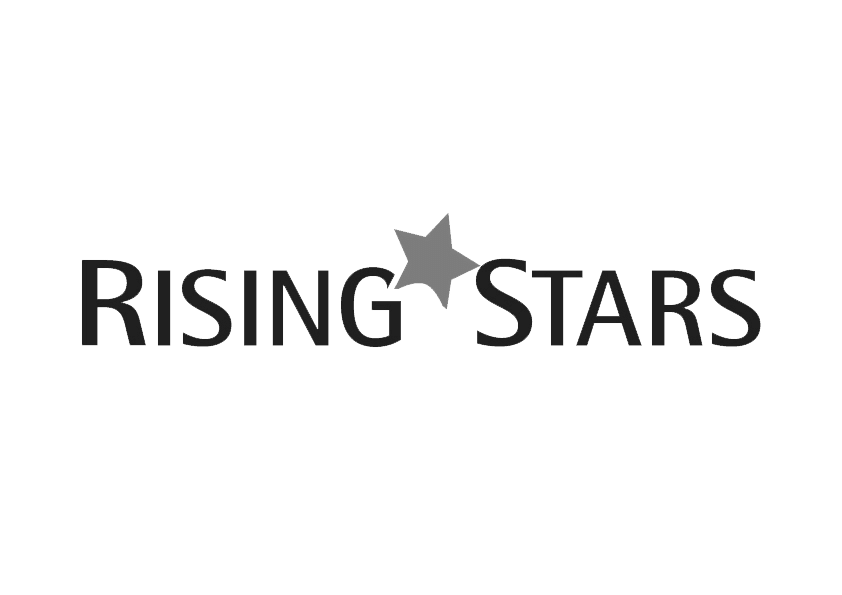Streamlining EYFS Assessment: Strategies for Efficient Child Progress Tracking
In the delicate phase of early childhood education, a well-tailored assessment is crucial in identifying a child's strengths, areas for improvement, and overall developmental progress, as well as planning their learning journey throughout the Early Years Foundation Stage (EYFS)
Key Takeaways

1 Observation and Documentation
EYFS assessments are fundamental evaluations of children's development in the foundation stage, requiring in-depth practitioner knowledge to observe and document progress following the statutory framework.
2 Reporting
Parental engagement in EYFS assessment is crucial, facilitated by tools like Educater’s Parent Passport to effectively share child progress and include parents in planning steps. Practitioners need to establish a rapport with parents and use clear, supportive language, especially for sensitive findings.
3 Communication
Technology, through EYFS tracker tools and software, optimises the efficiency and accuracy of observing and documenting children's development. These digital solutions offer features for tracking learning journeys and can improve communication with parents about children's progress.
Deciphering EYFS Assessments
EYFS assessments serve as a reliable and precise evaluation of individual children throughout and at the conclusion of their early years education. They monitor and track progress in different areas of learning, accommodating age ranges from birth to the end of the Reception year. Assessment can be based on a range of curricula such as Development Matters, Birth to 5 Matters, Characteristics of Effective Learning (CoEL) and the Engagement Model.
These curricula are developed by skilled EYFS practitioners who possess in-depth knowledge of the EYFS objectives and have hands-on experience in overseeing and documenting children's progress. As the government re-evaluates its strategy for early assessment of young children, the EYFS framework is also evolving to better cater to children's development needs.
Sharing Observations and Insights
There are 2 statutory EYFS frameworks:
- EYFS statutory framework for childminders
- EYFS statutory framework for group and school-based providers
These frameworks set the standards for all early years providers. They aim to facilitate optimal learning and development of children and safeguard their health and well-being. These frameworks encompass the learning and development, assessment, safeguarding and welfare requirements, shaping the educational content for children aged 0-5 and the methods used to track their advancement.
They shape assessment practices, contributing to the determination of school readiness and the identification of any special educational needs that may necessitate additional support for the child. The frameworks undergo regular updates to maintain their relevance and effectiveness. The most recent full revision of the frameworks was published in September 2021.
The Practitioner's Role in Assessment
Practitioners undertake EYFS assessments. They:
- Customise the tracker the way you want
- Recognise their current knowledge and skills
- Identify their individual needs
- Employ child-friendly assessment methods such as observation
- Share the assessments with others, including parents and caregivers

For a practitioner to conduct EYFS assessments effectively, they need a range of skills including:
- Observing
- Understanding children's development
- Identifying individual needs
- Focusing on children's strengths
These skills ensure that assessments are conducted in a manner that respects and nurtures the children's holistic development while providing valuable insights for parents and educators.
Collaboration with Families
Parents play a significant role in their children's learning and development process. Parents can greatly contribute to their children's EYFS journey by:
- Connecting with key workers
- Staying updated on their children's progress
- Engaging in setting-hosted events
- Communicating openly
- Providing home or online learning opportunities.
Parent Passport, Educater’s communication tool, provides parents with daily, weekly and/or termly reports, encompassing their children's activities and achievements. The more parents are involved in their children's EYFS assessment, the better they can support their children's learning and development.
Sharing Observations and Insights
- Establish strong relationships with parents
- Share observations of children engaging in play or structured activities
- Provide regular updates on their children's progress
- Address any parental concerns promptly
- Conduct surveys to gather feedback from parents
- Maintain a frequently asked questions (FAQs) section
Utilise bulletin boards to share important information - Share positive updates and achievements
- Use diverse communication channels such as daily chats, notice boards, websites, newsletters, and text messages.
In situations where sensitive EYFS findings need to be communicated, the following strategies can be beneficial:
- Building rapport
- Providing clear and specific information
- Using positive and supportive language
These strategies can help ensure effective communication and support the well-being of all parties involved.
Engaging Parents in Next Steps
Involving parents in the ’next steps’ of their children's EYFS journey by providing meaningful updates and learning journeys with the support of photos can yield several benefits. It:
Fosters parental interest and understanding of their children's activities
Expands educational opportunities beyond the classroom
Enhances the overall experience for children
Contributes to improved academic performance
Practitioners can engage parents in their children's EYFS learning journey by providing written reports, scheduling formal meetings to discuss their children's progress, and ensuring parents are regularly updated on their children's development. To help parents engage in the next steps, practitioners can clearly identify the children's learning needs, support children in exploring the environment and selecting resources, and encourage parents to praise and support their children's efforts in activities.
Consistent communication with parents can enhance children's development by providing a platform for addressing concerns, seeking guidance from key workers, and promoting safeguarding and child protection.
Harnessing Technology: EYFS Tracker Tools
Technology has revolutionised many aspects of our lives, and EYFS assessments are no exception. Specifically designed EYFS assessment trackers serve as instruments for monitoring and recording the developmental advancements of children within early years settings. Utilising software solutions can streamline assessment processes, reduce associated workload for practitioners, and enable monitoring against various curricula such as Development Matters, Birth to 5 Matters, Characteristics of Effective Learning (CoEL) or the Engagement Model.
Tiny Tracker by Educater facilitates assessment processes by offering easy methods of recording, tracking and evidencing the learning and developmental journey of young children. Assessment Tracker is an alternative solution, also by Educater, and is a comprehensive assessment suite offering insights into attainment and progress. These tools make tracking development and learning more efficient and accurate.
Choosing the Right Software
- Ability to plan teaching and learning strategies using assessment data
- Ability to track the EYFS learning journey
- Functionality to document observations with photos and share them with parents
- Ease of use - the software should be straightforward to use, reducing rather than increasing workload for the practitioner.
- Building rapport
- Initial software package costs
- Installation and training expenses
- Annual running costs for updates
- Technical support
Benefits of Digital Tracking
- Easily incorporate digital observations, assessments, and unique curricula into learning journals and parent reports
- Eliminate the reliance on time-consuming manual tracking methods
- Facilitate easy sharing of insights
- Identify areas where a child or group of children may need extra support
- Easily share information with colleagues and parents or carers
- Reduce workload associated with monitoring and tracking children’s progress
Identifying Individual Needs
Tailored Developmental Tracking
Curriculum-Aligned Progress Monitoring
Curriculum-aligned progress monitoring in EYFS assessments involves:
- Evaluating and tracking a children's progress in relation to the curriculum objectives and learning outcomes of the EYFS framework
- Using a systematic approach to assess and cater to their progress and developmental requirements consistently
However, educators could potentially face obstacles such as ensuring subject leaders have a comprehensive grasp of progression in the early years and aligning the curriculum with the EYFS goals. These challenges can be addressed by providing adequate training and support to Subject Leaders and by regularly reviewing and improving the curriculum alignment.
The Art of Observation in Early Years Effective Observation Practices
In early years education, observation means closely watching and listening to children to understand their development, interests, and learning experiences. This practice allows educators to:

Recognise the unique abilities and talents of each child in different situations
Assess a child's progress
Identify notable moments
Plan suitable lessons or interventions
Effectively communicate these achievements to parents
The process of documenting observations involves providing detailed accounts of the duration of engagement in activities, describing actions with accompanying notes on resources used, and reflecting on any significant interactions. It is common to utilise written records with accompanying pictures, as well as other appropriate methods such as videos or voice notes.
The emphasis is on recognising achievements rather than shortcomings, with no predetermined target for the number of observations.
Documenting and Interpreting Findings
Documenting observations in EYFS assessments involves clearly identifying the aspect of learning and development being observed, meticulously noting details, offering a comprehensive and descriptive report of the observation, and employing standardised formats to maintain uniformity. The best way to document and interpret findings from EYFS assessments is:
- Put in place a dependable assessment process that takes into account daily indicators of a child's knowledge, memory, and abilities
- Work collaboratively with other stakeholders to gain a comprehensive understanding of individual needs and address them effectively
- Mitigate bias in observationsUtilise an effective digital tracker to access analytical reporting for individual children and groups
Planning for Success: From Assessment to Action
Translating Observations into Practice

Continuously evaluate and plan for children's development
Update progress reports
Share progress updates with stakeholders like parents and other professionals
Utilise reports such as gap analysis to support planning for teaching and learning
Creating Inspiring Learning Environments
The environment impacts a children's early learning by influencing their capacity to regulate attention, thoughts, emotions, and actions.
To create an age-appropriate learning environment for EYFS pupils, distinct zones for learning, play, and relaxation should be integrated. Additionally, the space should be designed to be comfortable, tranquil, and equipped with easily accessible and clearly labelled resources that align with the pupils’ age and stage of development.

A stimulating learning environment for early years should possess the following features:
- Safety
- Developmental suitability
- Accessibility
- Intellectual stimulation
- A welcoming ambiance
- Personalisation
- Routine adherence
- Student engagement
Summary
In conclusion, EYFS assessments play a pivotal role in shaping a child's early education journey. From understanding the EYFS statutory framework and the practitioner's role in assessments to harnessing technology for efficient tracking, the process is comprehensive and multifaceted. Collaboration with families, effective observation practices, and creating inspiring learning environments are equally crucial components. By adopting these practices, we can ensure that every child's learning and development needs are met, setting them up for success in their educational journey.
Frequently Asked Questions
Children in the EYFS are assessed against a set of criteria described in the EYFS Statutory Frameworks, where practitioners observe and evaluate what the child has learned daily to help them move on in their learning. This form of assessment is called ‘formative’ assessment.
The purpose of EYFS assessments is to provide a reliable evaluation of individual children at the conclusion of the EYFS, with the aim of enabling them to achieve their maximum potential. These assessments are designed to support children’s development and learning. Assessment in the early years focuses on strengths and developmental milestones rather than a linear progression.
The EYFS progress check at age two aims to review a child’s development progress in the three prime areas, ensure that parents have a clear picture of their child’s development, and enable practitioners to understand the child’s needs and plan activities to meet them. It is a requirement for every child to have their development assessed and evaluated at this point, with the key worker writing a short summary detailing their development as a learner and identifying areas for improvement.
Parents play a crucial role in their child’s EYFS assessment through establishing connections with key workers, staying informed about their child’s progress, participating in setting-hosted events, maintaining open communication, and offering home/online learning opportunities. This involvement greatly impacts the child’s journey in EYFS.







